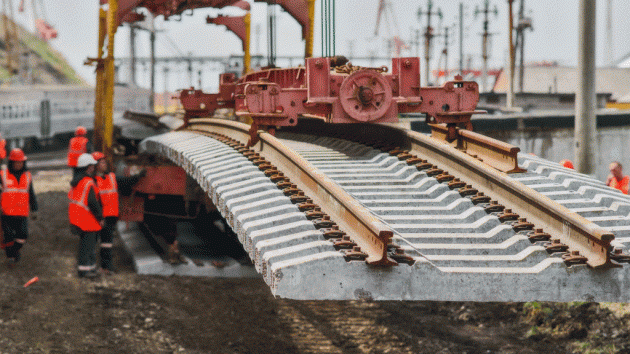Corruption, cyber crime and migration crisis affect rating - Risk of doing business in Serbia still high
 Friday, 25.03.2016.
Friday, 25.03.2016.
 11:10
11:10

The type of rating given to a country reflects the risk of doing business in that country and provides information on the efficiency of their payments abroad as well as on the possible return on potential investment. This month, the level of risk is increased in Canada and lowered in Iran.
It is assessed that corruption is still present in most of the state apparatus of Serbia, government administration, trade and the police. Foreign investors face problems when bidding for a contract and submitting a request for licenses and permits, and the outcome of court proceedings is also uncertain. The Government has given priority to the fight against corruption by changing the rules for public procurements, introducing a penalty for corrupted behaviour and reforming the internal court procedures to reduce external influence on judges. As Dun&Bradstreet says in its report, this process is slow, but effects are measurable. Serbia ranked 71st in 2015 by the corruption perception index, up from the 78th place the year before.
Data provided by the Serbian police point to a rise of cyber crime by 50% in 2015, which poses a significant risk to companies operating in Serbia. The most serious of all is the risk of fraud in online shopping. Although the Internet growth offers significant business opportunities, Dun&Bradstreet advises companies in Serbia to take protective measures against these illegal activities.
The rating of Serbia is also affected by the increasingly deepening migration crisis, which increases the risk pertaining to the continuity of operations.
Data for the last quarter in 2015 show that GDP in Serbia grew 1.3% year-on-year – which is positive given the substantial reduction of government spending and public sector restructuring. These data support the forecast of Dun & Bradstreet's analysts who said that GDP would go up 1.8% in 2016 and 2.8% in 2018 as well as that foreign direct investments in the production sector in Serbia would help the country achieve its long-term economic potential. Dun & Bradstreet in Serbia and Montenegro is represented by the Belgrade company Rating.
 Rating d.o.o. Beograd
Rating d.o.o. Beograd
Most Important News
06.04.2024. | Agriculture
Preconditions for Placement of Fresh Blueberries and Dried Plums in Chinese Market Secured

16.04.2024. | News
Jovan Ciric, Leasing Director Retail MPC Properties – MPC Echo symbolizes our desire for good ideas and innovative endeavors to spread freely and bring about positive changes

16.04.2024. | News
10.04.2024. | Finance, IT, Telecommunications, Tourism, Sports, Culture
Creative Industry – What This Serbian Economy Sector Worth EUR 2 Billion Encompasses

10.04.2024. | Finance, IT, Telecommunications, Tourism, Sports, Culture
24.04.2024. | Construction, Healthcare
Price of construction of Tirsova 2 increases to EUR 141.6 million – Contract awarded to consortium of 10 companies

24.04.2024. | Construction, Healthcare
16.04.2024. | News
Economy Fair in Mostar opens – 26 companies from Serbia exhibiting

16.04.2024. | News
24.04.2024. | Construction, Transport
Dates of publishing of tenders for construction of three sections of fast railroad from Belgrade to Nis known

24.04.2024. | Construction, Transport


 Izdanje Srbija
Izdanje Srbija Serbische Ausgabe
Serbische Ausgabe Izdanje BiH
Izdanje BiH Izdanje Crna Gora
Izdanje Crna Gora


 News
News






